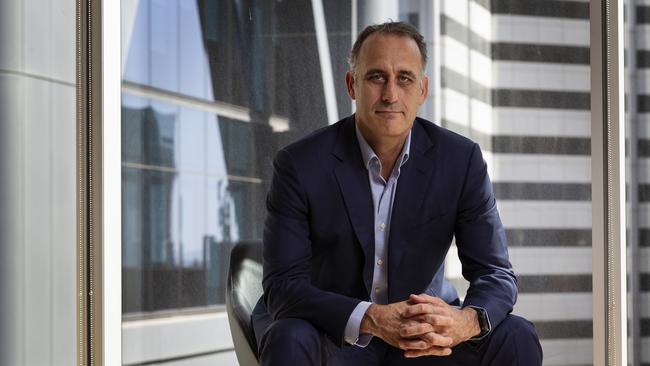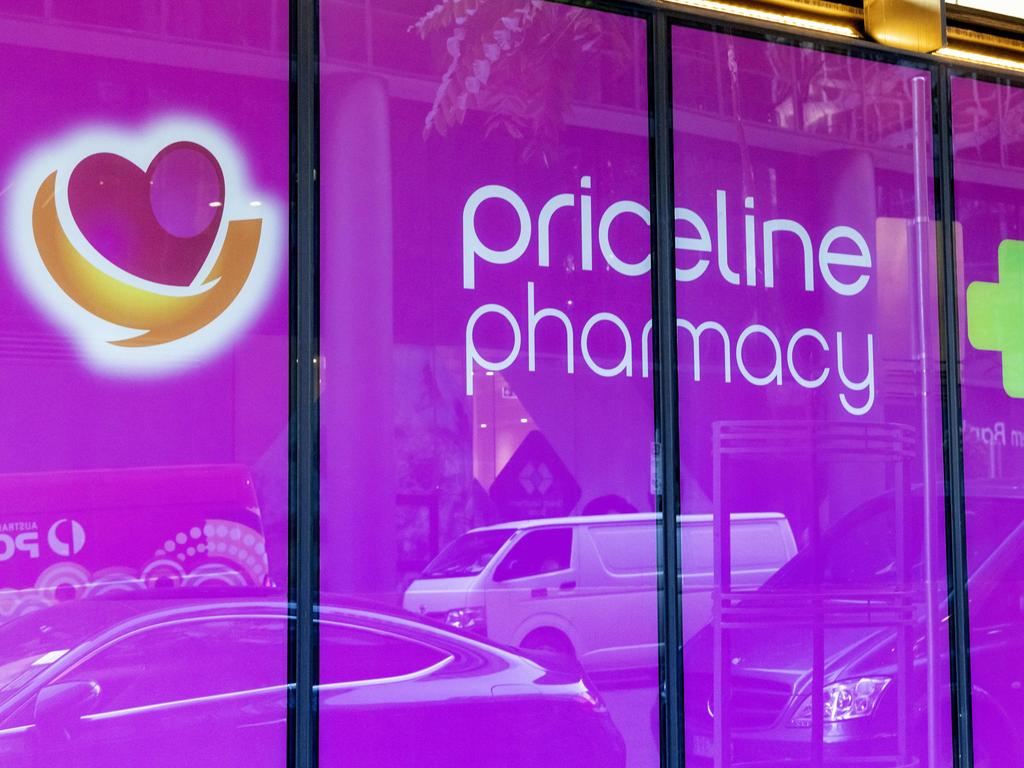
The global onset of Covid-19 has accelerated a trend already well under way with the ageing of the population and an increasing consumer focus on health.
Announcing the deal, Wesfarmers CEO Rob Scott made it clear he saw API as providing a strategic platform for his conglomerate to expand from its roles in pharmacies and pharmaceuticals into “adjacent” areas.
He sees API as providing the basis for a significant new arm of the Wesfarmers business, connecting its formidable experience in retail with API’s expertise in the pharmacy business.
Scott’s move follows the announcement from Woolworths in May that it was launching a new online marketplace called Healthy Life to widen its reach in the $10bn-plus health and wellness sector.
In an interview on Monday, Soul Patts chair Robert Millner, who sold his group to API in 1999, expressed his frustration with the inability of the combined group to expand its footprint. He said the group had looked at potential deals with pharmacy rival Sigma and Fauldings but had been unable to agree to any mergers to allow consolidation of the sector.
Recommending the Wesfarmers offer, he said its expertise in retailing (which includes Bunnings, Kmart, Officeworks, Target, Catch and Coles) would be a major plus in its ownership of API.
In the US, the market is watching the expansion of online retail juggernaut Amazon and others including Walmart into the healthcare sector.
Originally founded to sell books out of founder Jeff Bezos’s garage in the early days of online marketing, Amazon expanded its interest in healthcare in 2018 when it bought PillPack, a company that delivers pharmaceuticals through the post.
The company expanded into the commercial healthcare sector this year with the opening of Amazon Care, originally started as a program to provide in-house healthcare for employers, to other companies.
New York University market professor Scott Galloway, a speaker at the Sohn Hearts & Minds conference in Australia last year, has predicted that Amazon will become the fastest-growing healthcare company in the US in the next few years, outlining his ideas in detail in a book, Post Corona: From Crisis to Opportunity.
Writing before the expansion of Amazon Care, he predicted a brave new world where Amazon would launch Prime Health, allowing it to link up its existing services such as Alexa to speak with consumers and link them with healthcare professionals.
The doctors, he said, would give Amazon a share of their revenue and see prescriptions delivered by a PillPack pharmacy.
“It is very clear to me that Amazon is literally getting out all their artillery, planes and tanks lined up at the border of this enormous industry and you are just about to see war breakout,” he said.
Galloway sees Amazon fighting a battle with other retail giants such as Walmart, which launched Walmart Health with an in-store clinic in Georgia in 2019. It expanded the clinics to 15 other stores last year and has been opening more this year.
Galloway made the point recently that many Americans in rural areas live closer to a Walmart store than a hospital.
US pharmaceutical chain CVS bought health insurer Aetna two years ago, setting up a new arm called CVS Health. Target is also expanding its healthcare services.
Covid has also dramatically expanded the area of telehealth and other virtual services.
The president of fund manager Ariel Investments, Mellody Hobson, told The Australian’s Strategic Forum last year “healthcare will continue to be a very big concern because of the changing demographics of the ageing baby boomers”. She said: “We will need to figure out a way to give healthcare to the masses in a better delivery form than we do now.”
If the US experience is a guide, Wesfarmers’ retail experience with API’s pharmacy footprint has the potential to be a powerful combination in one of the world’s fastest-growing sectors.







Wesfarmers’ non-binding bid for Australian Pharmaceutical Industries is a sign of the big shift in recognition of the importance of the healthcare and “wellness” sector.